Crucial to the
circular economy
Through the recycling of materials and the reintroduction of the products into the market, the materials can be reused several times and the consumption of natural resources is reduced.
c. 1.5m tonnes
New materials produced annually
c. 2.0m tonnes
tonnes of residues managed and
recycled annually
Befesa services hazardous waste of the steel and aluminium metal recyclers and is a crucial part of the circular economy.
Befesa has been a vital player in the circular economy for more than three decades through reducing the environment impact of industrial waste, recovering valuable materials and reintroducing them into the production process and reducing the cost of primary production.
Sustainability has become an increasingly important topic in the economic, social and political landscape. In December 2019, the European Commission laid out Europe’s new agenda for sustainable growth under the “European Green Deal”, within which the “Circular Economy Action Plan” is a main building block.
Befesa is perfectly positioned to support these commitments, as sustainability is integral to our business. However, the road map towards a more sustainable future is a challenging, complex and lengthy process.
Sustainability Report
Find out more about Befesa’s contribution towards a more sustainable world
Sustainable
development goals
Befesa understands the vital importance of the United Nations Sustainable Development Goals (SDG), the impact that corporations, including Befesa, will make to their delivery, and the wider role that corporations have to play in their implementation.

Good health and well-being
Ensure healthy lives and promote well-being for all, at all ages
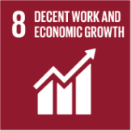
Decent work and economic growth
Promote sustained, include and sustainable economic growth, full and productive employment and decent work for all
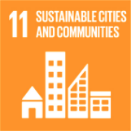
Sustainable cities and communities
Make cities and human settlements inclusive, safe, resilient and sustainable
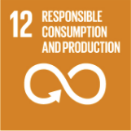
Responsible consumption and production
Ensure sustainable consumption and production patterns
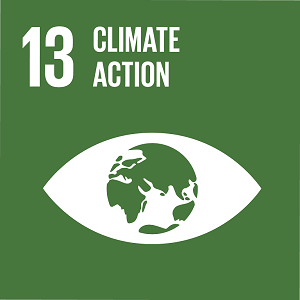
Climate Action
Take urgent action to combat climate change and its impacts
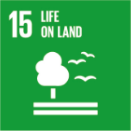
Life and land
Protect, restore and promote sustainable use of terrestrial ecosystems, sustainably manage forests, combat desertification, halt and reverse land degradation, and halt biodiversity loss
Stakeholder engagement
For Befesa, the stakeholders are those individuals and organisations that affect or are affected by Befesa’s business operations. Befesa seeks engagement opportunities and gathers feedback from stakeholders to build relationships based on trust and to ensure their input is considered in Befesa’s operations.

Materiality analysis
The materiality analysis helps Befesa to understand the most important sustainability issues, prioritise them and set targets.
In 2020, Befesa conducted a materiality analysis of its sustainability issues for the first time.
The process identified critical environmental, social and governance issues that may have a significant impact on Befesa’s business performance and/or on achieving its business goals.
The analysis involved interviewing internal and external stakeholders to understand the sustainability issues stakeholders think are most important in relation to Befesa’s operations. 35 people, including employees as well as external stakeholders (investors, analysts and customers) were interviewed to rank a list of sustainability issues.
Ratings and Indices
The following rating agencies have published ratings about Befesa